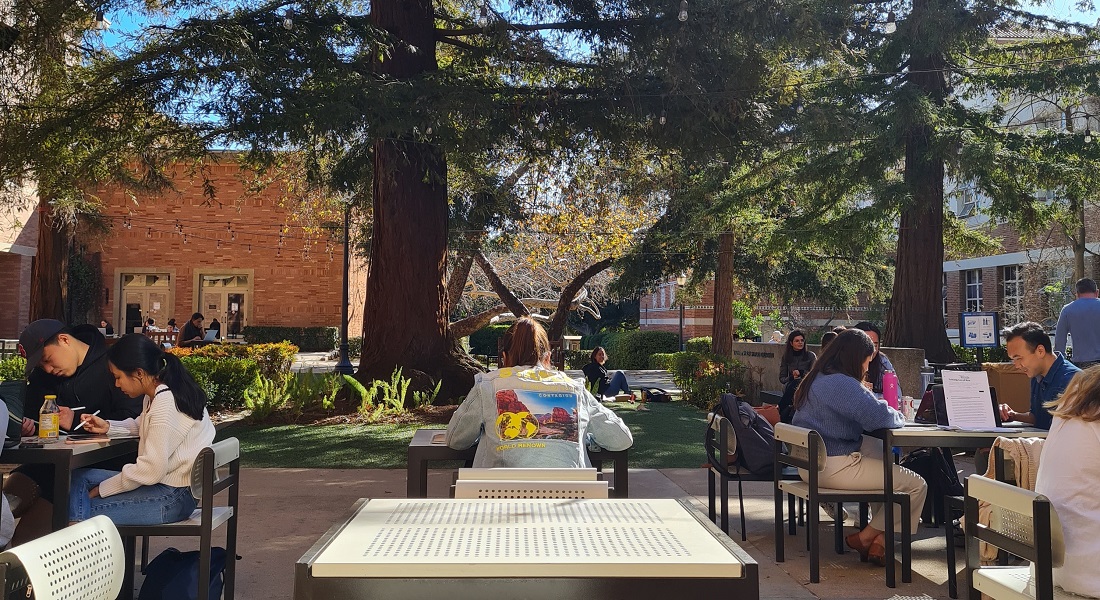Universitetsavisen
Nørregade 10
1165 København K
Tlf: 21 17 95 65 (man-fre kl. 9-15)
E-mail: uni-avis@adm.ku.dk
Konference
Konference — The conference New Understandings of Immigrant Integration: Legal, Interdisciplinary, and Policy Perspectives aims to discuss immigrant integration from a broader legal perspective and challenge its current definition.
Date & Time:
Place:
Retssalslokale 6B.0.06, The Faculty of Law, University of Copenhagen, Njalsgade 76, 2300 Copenhagen S
Hosted by:
Centre of Private Governance (CEPRI)
Cost:
Free
In a time of perceived relentless migration, especially from the Global South to the Global North, host societies continue to struggle around the definition, expectations, and range of immigrant integration. Immigrants themselves, whether high-skilled workers or refugees, encounter legal and de facto barriers when settling in a new country that may hinder their full participation in their new society. International legal rules propose models of integration that differentiate between nationalities, creating contradictory guidelines for national states to follow. Private actors are called upon to assist with immigrant integration tasks, with varying results across countries. Moreover, policies are often influenced by economic considerations and controversial perceptions on how immigrants are supposed to behave.
The conference New Understandings of Immigrant Integration: Legal, Interdisciplinary, and Policy Perspectives aims to discuss immigrant integration from a broader legal perspective and challenge its current definition. The conference invites to reflect on the meaning of immigrant integration within the legal sphere and to consider whether and how we can redefine integration within the policies that drive legal initiatives.
The conference is part of the research project LUII – Law and Private Governance for a New Understanding of Immigrant Integration, which investigates immigrant integration from a legal perspective, with a particular focus on how the law, international rules, societal barriers, and non-state actors form part of the national immigrant integration system.
